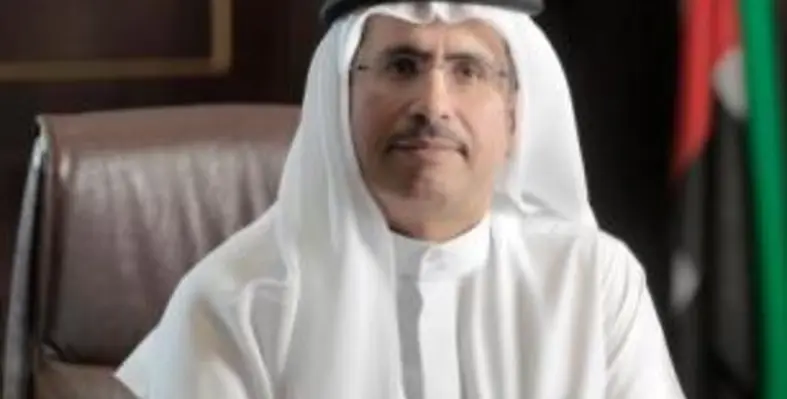Dubai Electricity and Water Authority (DEWA) has announced that the adoption rate of its smart services has reached 80 per cent, ahead of the 2018 deadline set by HH Sheikh Mohammed bin Rashid Al Maktoum, Vice-President and Prime Minister of the UAE and Ruler of Dubai, to reduce the number of visitors to government offices
?At DEWA, we work in line with the vision of His Highness Sheikh Mohammed bin Rashid Al Maktoum, Vice President and Prime Minister of the UAE and Ruler of Dubai,? who said, ?A smart government doesn?t wait for people to come to it. Instead, it goes to them?, and his directives to reduce visitors to government offices by 80 per cent by increasing smart adoption of government services to 80 per cent. We also work to achieve the directives of HH Sheikh Hamdan bin Mohammed bin Rashid Al Maktoum, Crown Prince of Dubai and Chairman of the Executive Council of Dubai, that the government environment will be completely paper free by 2021.?
DEWA has made great strides in its smart transformation with its strategy to keep up with the latest technologies and developments and best international practices. DEWA has succeeded in transforming all its services into smart services, less than a year after the launch of the Smart Dubai initiative, which aims to make Dubai the smartest and happiest city in the world,? said HE Saeed Mohammed Al Tayer, MD & CEO of DEWA.
?Thanks to the efforts of DEWA?s teams, we have succeeded in raising customers? awareness about our smart services, which enable them to complete their transactions easily and securely anytime, anywhere, using DEWA?s smart app or website, without having to visit our customer happiness centres. This saves their time and effort. These efforts have contributed to increasing the adoption rate of our smart services from 40 per cent, in 2010, to 80 per cent, today,? added Al Tayer.








